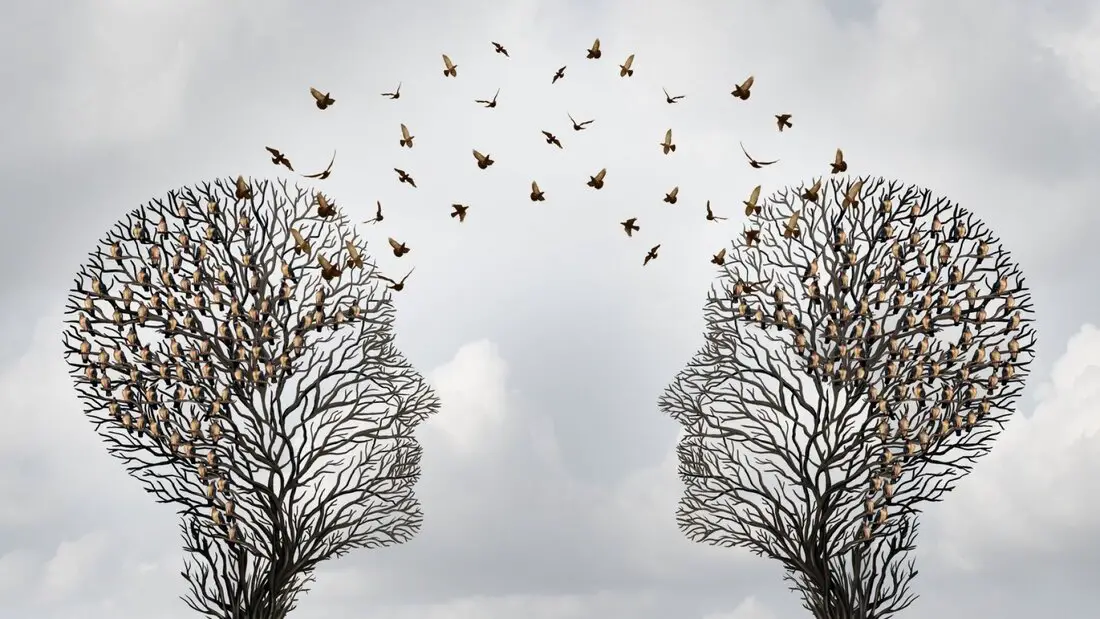|
BY SUSAN STEINBRECHER Are you listening? Maybe not as effectively as you could be.
Recently, I was telling a client about our Meaningful Alignment program when I had an "aha" moment. She listened intently and then observed that she appreciated the impetus of the program because it incorporated "inclusiveness." I had never really considered that by learning to understand the ways in which we communicate with one another, as well as our own unique communication "signatures", we could also bolster the inclusive nature of our relationships. Of course, when you thoroughly listen to another without judgment or assumption and honor their individuality, great things can happen. In other words, when you respect and accept someone, whole-heartedly -- you are being inclusive. Our program and workshops are built upon this very foundation. I see evidence that we need to work on inclusiveness almost daily. The results from a recent Public Agenda/USA TODAY/Ipsos poll published in USA Today entitled, Divided we fall? really hit the mark on what's occurring in our society these days. The following statistic jumped out at me: "Sixty-nine percent said Americans now deal with disagreements in a mostly destructive way." So why does inclusiveness matter in an increasingly divisive world? It's human nature to yearn for a sense of belonging and acknowledgement -- at work, at home, and among our peers. Inclusiveness or diversity of thinking as some people refer to it, is essential to meaningful communication and robust relationships. It is only when we put aside our preconceived notions, quell knee-jerk reactions, and truly listen and appreciate diverse viewpoints, that authentic connection can occur. A Deloitte Insights article defines inclusiveness in the workplace this way: "First, people feel included when they are treated "equitably and with respect." Participation without favoritism is the starting point for inclusion, and this requires attention to nondiscrimination and basic courtesy. The next element relates to "feeling valued and belonging." Inclusion is experienced when people believe that their unique and authentic self is valued by others, while at the same time have a sense of connectedness or belonging to a group. At its highest point, inclusion is expressed as feeling "safe" to speak up without fear of embarrassment or retaliation, and when people feel "empowered" to grow and do one's best work. Clearly, these elements are critical for diversity of thinking to emerge....inclusion is (also) expressed as feeling confident and inspired." Inclusiveness begins with solid communication skills and compassionate listening to stay present during a conversation. When you listen deeply, you are more able to let go of opinions you may have about the other person. Deep listening and mindfulness are inseparable. You must quiet the mind to be fully attentive to the person in front of you and find the mental clarity to avoid judgment, hasty interpretations and distractions. It takes practice and requires a healthy store of resilience. When you expand your options for self-regulation and increase the competence necessary to rework learned social responses, you can replace them with wiser, more effective techniques that will help you become a better, more inclusive listener. A focus on mindfulness, gratitude and emotional self-care practices can also help you create greater levels of trust, appreciation and collaboration that can lead to deeper commitment and mutual understanding in your relationships. Helen LaKelly Hunt Ph.D., and Harville Hendrix, Ph.D., the founders of Imago Relationship Therapy, are also doing some incredible work in this arena. LaKelly Hunt and Hendrix developed "Safe Conversations" that lead to "the transformation of couples and families by creating a relational culture that supports universal equality." Hendrix and LaKelly Hunt launched a powerful program called "Relationships First" to work with schools, churches, police departments, and First Responders, teaching people how to connect and communicate effectively, despite their differences. Using the three-step "Safe Conversations" program they help people from all walks of life and backgrounds become more compassionate and mindful in all of their relationships. The opinions expressed here by bergenreview.com columnists are their own, not those of bergenreview.com.
0 Comments
|
Written, Compiled & Edited byThe Bergen Review Media Team
�
Archives
April 2024
Categories
All
|
|
Bergen Review Media is a
WebClientReach, llc Company |
50 East Ridgewood Ave. #215
Ridgewood, NJ 07050 Phone: (201) 948-5500 |
The Bergen Review is Bergen county's concierge for the best businesses, restaurants & venues in New Jersey. Our agency has a combined total of over 15 years experience in online media and marketing. Our team of experts scour every nook and cranny of New Jerseys best businesses, restaurants & venues to present to our clients the full scoop of where best deals & experiences are. Even after researching & looking at reviews, finding the REAL scoop on what Businesses, restaurants or venues best fit your interest can be a challenge. Bergen Review Media has a team that researches & visits various establishments. Making sure the consumer gets the best experience.
|
Website by Bergen Review Media


 RSS Feed
RSS Feed






